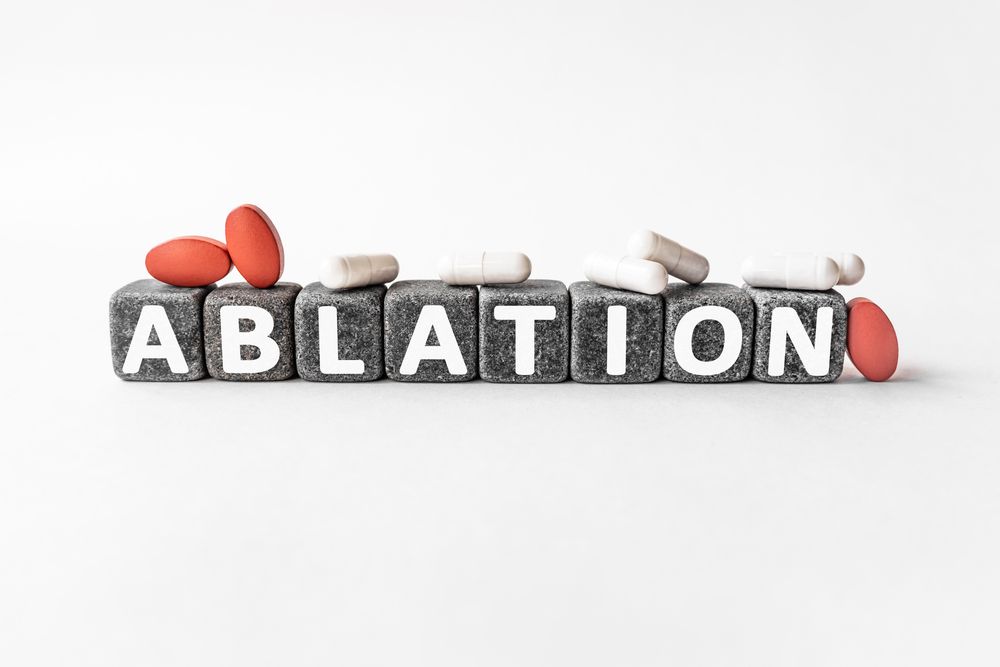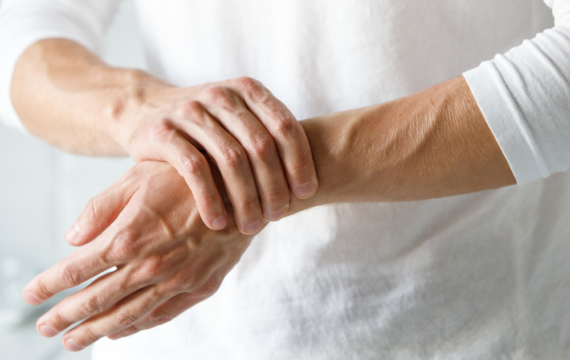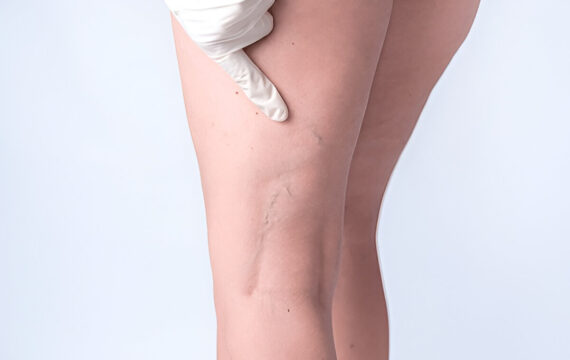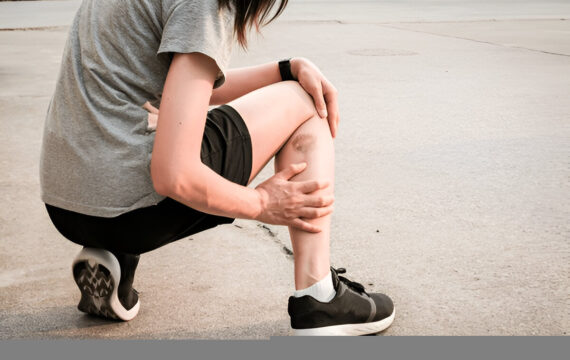Vein ablation is a common procedure used to treat varicose veins and other venous disorders. It’s minimally invasive, and most patients experience significant relief from symptoms such as pain, swelling, and the unsightly appearance of varicose veins. However, to ensure the best results and a smooth recovery, it’s essential to follow a comprehensive post-procedure care plan. In this article, we’ll explore effective strategies to maximize your recovery after vein ablation.
Understanding Vein Ablation
Vein ablation involves the use of heat, either through laser or radiofrequency energy, to close off problematic veins. The treated veins eventually shrink and are absorbed by the body, while blood flow is rerouted through healthier veins. This process alleviates symptoms associated with venous insufficiency, such as aching, swelling, and skin changes.
Immediate Post-Procedure Care
After vein ablation, your doctor will provide specific instructions tailored to your individual case. However, some general guidelines can help ensure a smooth recovery:
- Compression Stockings: Wearing compression stockings is crucial in the days following your procedure. They help reduce swelling, prevent blood clots, and promote circulation. It’s usually recommended to wear them continuously for the first 24-48 hours and then during the day for a few weeks.
- Activity Levels: While you should avoid strenuous activities and heavy lifting, staying active is essential. Short walks can help improve circulation and prevent complications like deep vein thrombosis (DVT). However, avoid standing or sitting for prolonged periods.
- Pain Management: Mild discomfort and bruising are common after vein ablation. Over-the-counter pain relievers like acetaminophen can help manage pain. Avoid non-steroidal anti-inflammatory drugs (NSAIDs) unless advised by your doctor, as they may increase bleeding risk.
Long-Term Recovery Tips
To maximize your recovery and maintain the benefits of your vein ablation, consider the following long-term strategies:
- Maintain a Healthy Weight: Excess weight can strain your veins and contribute to venous insufficiency. Adopting a balanced diet and regular exercise routine can help manage weight and improve overall vascular health.
- Stay Hydrated: Proper hydration supports healthy blood flow and helps prevent blood from becoming too thick, which can increase the risk of clotting. Aim to drink plenty of water throughout the day.
- Elevate Your Legs: Whenever possible, elevate your legs above the level of your heart. This simple practice can reduce swelling and promote blood flow back to the heart.
- Avoid Tight Clothing: Tight clothing, especially around the legs and waist, can restrict blood flow and exacerbate venous issues. Opt for loose, comfortable clothing to allow proper circulation.
- Follow Up with Your Doctor: Regular follow-up appointments with your doctor are essential to monitor your progress and address any concerns. They may use ultrasound or other imaging techniques to assess the effectiveness of the procedure and ensure no complications have arisen.
Signs to Watch For
While vein ablation is generally safe, it’s important to be aware of potential complications. Contact your doctor if you experience:
- Severe pain or swelling
- Persistent redness or warmth around the treatment area
- Signs of infection, such as fever or drainage
- Difficulty breathing or chest pain, which could indicate a blood clot
Conclusion
Maximizing your recovery after vein ablation involves a combination of immediate post-procedure care, lifestyle adjustments, and regular medical follow-up. By adhering to your doctor’s instructions and making healthy lifestyle choices, you can enhance the benefits of your vein ablation and maintain optimal vascular health. If you’re considering vein ablation or have recently undergone the procedure, don’t hesitate to contact an expert for personalized advice and support throughout your recovery journey.tailored treatment plan. Taking proactive steps to care for your muscles can lead to a more comfortable and active life.




